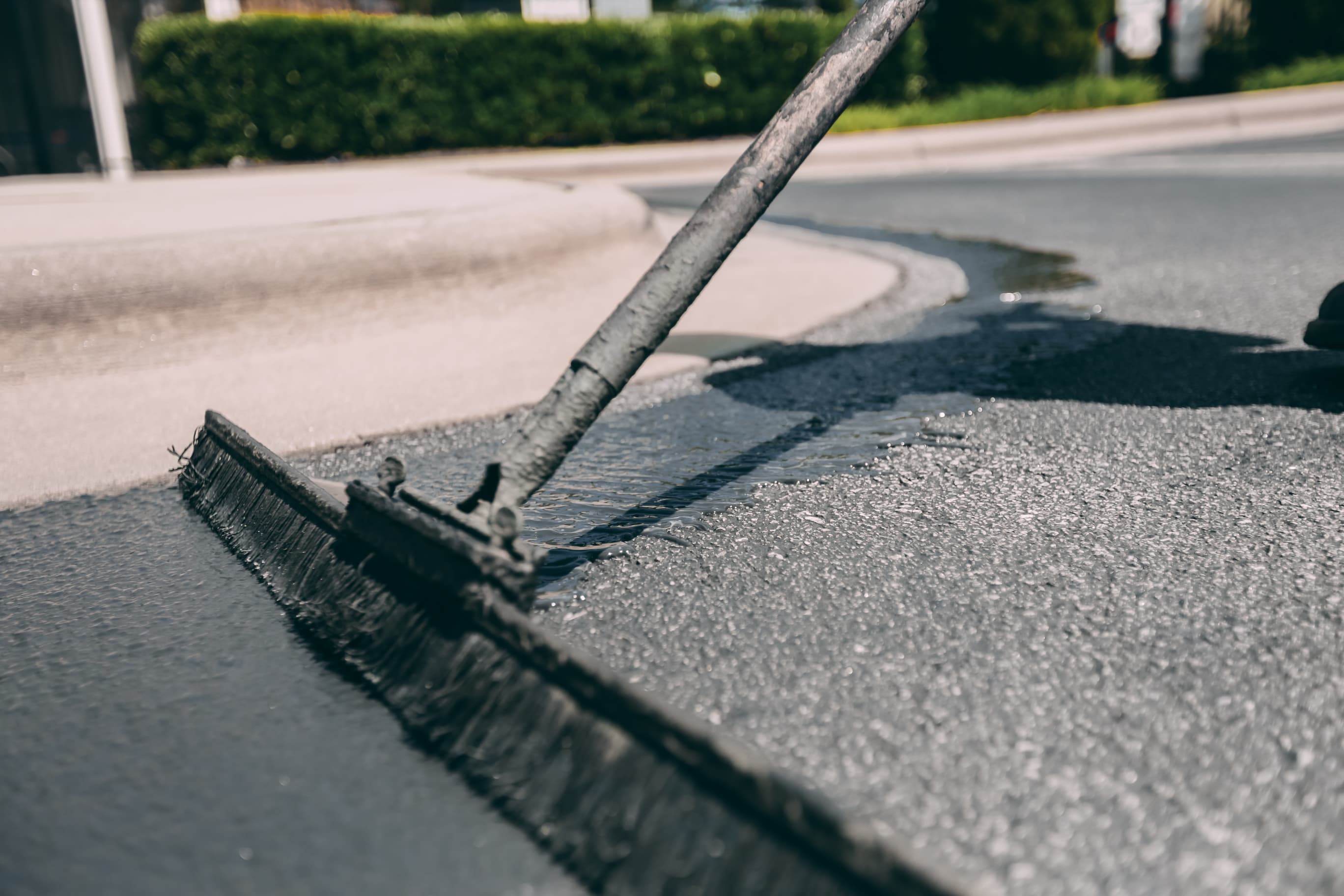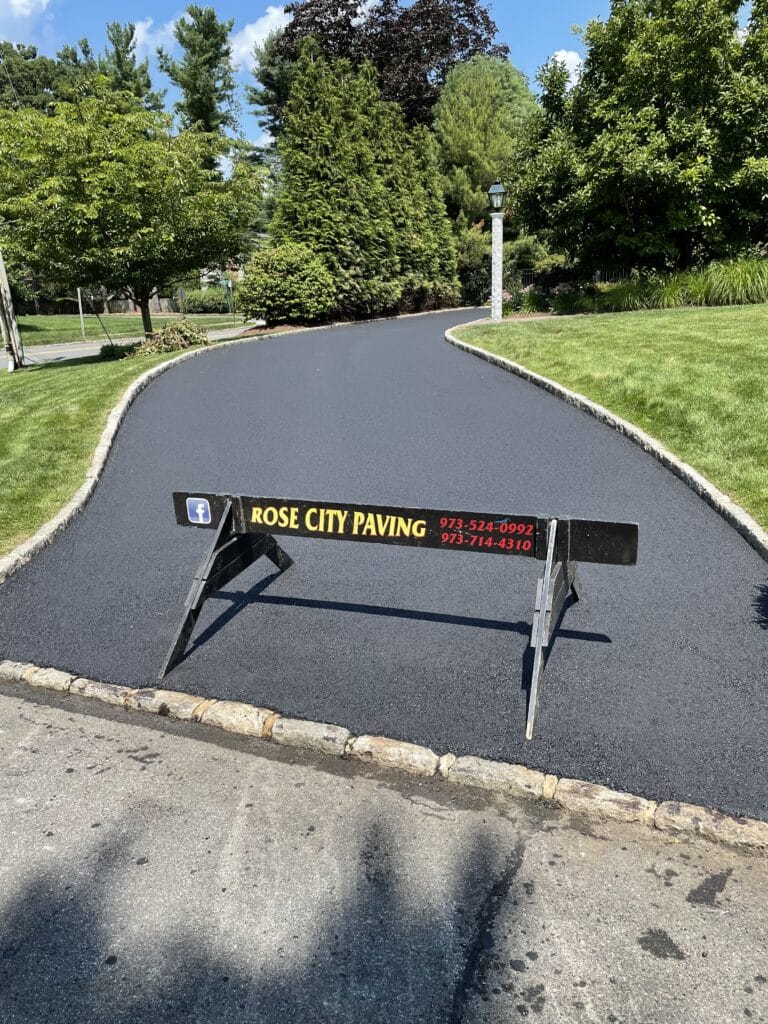The Future of Road Building: Cold Mix Asphalt Innovations
In the realm of roadway construction, the evolution of cold mix asphalt developments holds significant guarantee for reshaping facilities development. As the need for sustainable remedies continues to expand, the assimilation of these developments uses a glance into a future where roadways are not simply pathways yet additionally contributors to environmental preservation and performance. The capacity for improved cost-effectiveness, sturdiness, and efficiency raises interesting concerns about how these advancements may redefine the landscape of transport infrastructure.

Sustainable Benefits of Cold Mix Asphalt
Cold mix asphalt supplies a sustainable option for roadway construction jobs because of its eco-friendly buildings and expanded longevity. Unlike typical warm mix asphalt, cold mix asphalt does not call for heats throughout the blending process, resulting in considerably lower power intake and minimized greenhouse gas emissions (angle parking). This makes cold mix asphalt an extra eco-friendly choice for road construction projects, straightening with international efforts to reduce carbon footprints and combat environment change
The manufacturing of cold mix asphalt consumes much less power and gas contrasted to warm mix asphalt, making it a more lasting choice for protecting limited resources. By choosing chilly mix asphalt for roadway building tasks, stakeholders can contribute to a much more reliable and lasting transportation network.
Boosted Resilience and Durability
Enhancing the toughness and longevity of road infrastructure is an important aspect of enhancing transport networks. Cold mix asphalt innovations play a considerable function in accomplishing this objective. By including sophisticated technologies and additives, cool mix asphalts are now developed to stand up to rush hour lots, differing temperature levels, and environmental elements, causing longer-lasting roadways.
One vital aspect adding to the boosted resilience of cool mix asphalt is its enhanced resistance to breaking and rutting. Conventional hot mix asphalts are susceptible to these forms of deterioration, resulting in raised maintenance requirements and shorter roadway lifespans. Cold mix asphalts, on the various other hand, display higher versatility and elasticity, enabling them to better withstand the tensions imposed by traffic and weather condition problems.
Furthermore, the longevity of roadway surface areas is expanded with the boosted bonding capabilities of cool mix asphalt. These innovative blends develop strong glue bonds with existing pavement layers, developing a more robust road structure that resists delamination and split formation gradually. Consequently, transport agencies can gain from reduced maintenance prices and prolonged life span of highways, inevitably bring about even more sustainable and resistant framework networks.

Enhanced Efficiency in Numerous Weather
Improved efficiency in various climate problems is a crucial consideration for modern-day roadway construction materials like chilly mix asphalt. Cold mix asphalts are designed to endure a variety of temperatures, from extreme cold to high warmth, without endangering their architectural integrity.
Cold mix asphalts display outstanding resistance to aspects such as dampness, which can trigger standard warm mix asphalts to break down over time. By continuing to be sturdy and secure in wet problems, cold mix asphalts reduce the chance of fractures and gaps basing on roadway surfaces, ultimately expanding the lifespan of the infrastructure. Furthermore, these products offer boosted flexibility, enabling them to get and expand with temperature modifications, better boosting their efficiency in various weather. Generally, the use of cool mix asphalts adds to much safer and more dependable road networks that can withstand the challenges posed by different climates.
Cost-Effectiveness and Budget-Friendly Solutions

With the rising need for sustainable infrastructure services, the focus now changes towards exploring affordable and economical options within roadway construction developments. Cost-effectiveness in road building is crucial for federal governments, communities, and exclusive specialists intending to maximize framework financial investments. Cold mix asphalt developments provide an encouraging avenue for attaining this objective by reducing total project prices.
One key facet adding to the cost-effectiveness of cool mix asphalt is its lower manufacturing prices contrasted to typical warm mix asphalt - asphalt patch repair. Cold mix asphalt can be created using less power and less resources, causing financial savings in production expenses. Furthermore, the application process for chilly mix asphalt is less complex Learn More Here and needs less specialized equipment, more reducing construction costs
Furthermore, the extensive life expectancy and durability of cold mix asphalt add to long-term cost savings. Its ability to withstand different weather condition conditions and stand up to cracking and wear and tear results in lower maintenance and repair expenditures over time. By welcoming affordable cool mix asphalt options, roadway building jobs can accomplish budget performance without compromising on high quality or performance.
Ecological Influence and Carbon Footprint Decrease
Decreasing the environmental influence and reducing the carbon footprint are extremely important considerations in modern-day roadway construction innovations. Typical asphalt manufacturing launches considerable CO2 discharges and adds to ecological degradation. To attend to these concerns, chilly mix asphalt modern technologies have actually become a sustainable alternative. By utilizing chilly mix asphalt, road building tasks can significantly reduce their carbon footprint. This technology removes the demand for energy-intensive heating processes, resulting in lower greenhouse gas discharges throughout production. In addition, cold mix asphalt can be created using recycled products, further enhancing its ecological advantages.
In addition to the manufacturing stage, the implementation of chilly mix asphalt provides environmental benefits throughout the roadway's life expectancy. The material's longevity and resistance to temperature variations lower the demand for constant repair and maintenance, lowering total source intake and environmental impact. As sustainability becomes increasingly important in framework development, cold mix asphalt attracts attention as an encouraging service to alleviate the ecological repercussions of roadway building.
Verdict
Finally, cold mix asphalt advancements offer sustainable benefits, boosted sturdiness, and boosted efficiency in different climate condition. With cost-effectiveness and an emphasis on minimizing environmental effect and carbon impact, cool mix asphalt is forming the future of road building. Its eco-friendly properties make it an encouraging option for producing safer and a lot more trustworthy road networks while adding to worldwide efforts to fight climate modification.
Unlike standard warm mix asphalt, chilly mix asphalt does not require high temperatures throughout the blending content process, resulting in their explanation dramatically reduced energy usage and minimized greenhouse gas exhausts. The manufacturing of cool mix asphalt eats less energy and fuel contrasted to hot mix asphalt, making it a more lasting choice for protecting limited resources. Cold mix asphalts are designed to endure an array of temperature levels, from extreme chilly to high warm, without endangering their structural stability.Cold mix asphalts display exceptional resistance to factors such as wetness, which can trigger conventional warm mix asphalts to deteriorate over time.One trick aspect contributing to the cost-effectiveness of cold mix asphalt is its lower manufacturing costs contrasted to conventional warm mix asphalt.